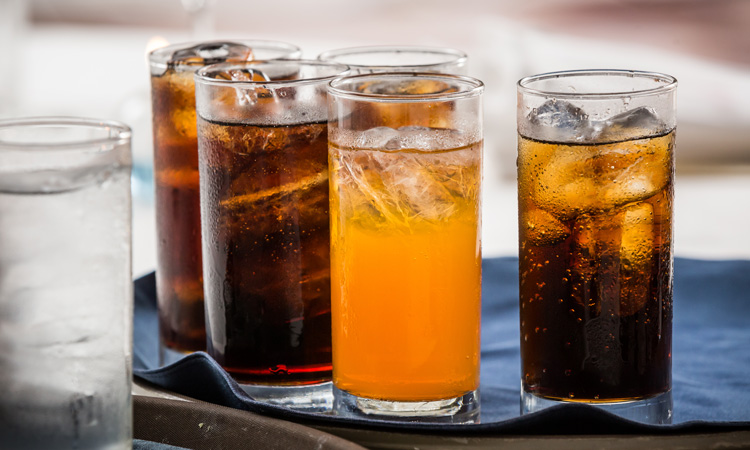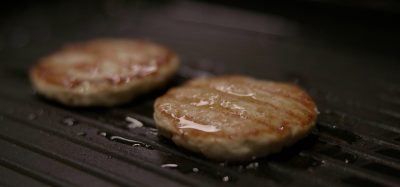Mexico’s sugary drinks tax has cut consumption after just three years, finds study
- Like
- Digg
- Del
- Tumblr
- VKontakte
- Buffer
- Love This
- Odnoklassniki
- Meneame
- Blogger
- Amazon
- Yahoo Mail
- Gmail
- AOL
- Newsvine
- HackerNews
- Evernote
- MySpace
- Mail.ru
- Viadeo
- Line
- Comments
- Yummly
- SMS
- Viber
- Telegram
- Subscribe
- Skype
- Facebook Messenger
- Kakao
- LiveJournal
- Yammer
- Edgar
- Fintel
- Mix
- Instapaper
- Copy Link
Posted: 7 May 2020 | Sam Mehmet (New Food) | No comments yet
Mexico implemented an excise tax of one peso per litre (approximately 10 percent increase in price) on sugar sweetened drinks in January 2014, and this study has revealed downward trends in consumption as a result.


Introducing a sugary drinks tax in Mexico has helped reduce consumption of soft drinks after just three years, a study published in the British Medical Journal (BMJ) has revealed.
Since the implementation of the tax, studies have shown reductions in household purchases of taxed drinks, but no study has reportedly analysed individual changes in consumption related to the sugar tax.
Now, a team of researchers set out to estimate the change in the probability of consuming soft drinks in a sample of Mexican adults, before and after the tax was implemented.
Their findings were based on three waves of data (two pre-tax waves and one post-tax wave) on consumption of soft drinks from 1,770 adults (average age 47) taking part in the Health Workers Cohort Study, a cohort study of health professionals and their families in Morelos, Mexico from 2004 to 2018.
Participants completed a detailed questionnaire about their food and drink consumption over the previous 12 months, and were put into one of four categories of soft drinks consumption (non, low, medium, high).
A non-consumer had no soft drink consumption, a low consumer consumed less than one serving (355 mL) a week, a medium consumer consumed at least one serving a week but less than one serving a day, and a high consumer consumed at least one serving a day.
The researchers then used a statistical model, which adjusted for influential factors such as age, education and income, to estimate the change in probability of belonging to one of the four categories after implementation of the tax.
The researchers found that after the implementation of the sugar tax, the probability of becoming a non-consumer increased by 4.7 percentage points, and the probability of being a low consumer increased by 8.3 percentage points.
They also noted that the probability of being in the medium and high levels of soft drink consumption decreased by 6.8 percentage points for medium consumers and 6.1 percentage points for high consumers.
Stronger associations were seen in participants with secondary school and higher education than in those with elementary school or less.
Being a health worker’s cohort, they noted that results may not reflect the behaviour of the whole Mexican population, and that it was an observational study, so it cannot establish causality and cannot rule out the possibility that estimates may be due to other unmeasured factors.
They concluded that taxes on sugar sweetened drinks are an effective means of deterring consumption, and they suggest that further increases to the tax “could encourage further reductions in the very high consumption levels in Mexico.”
Related topics
Beverages, Health & Nutrition, Ingredients, Regulation & Legislation, Research & development, The consumer








